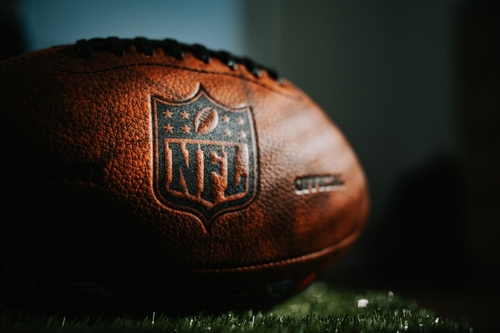The National Football League (NFL) voted this week to allow private equity investment in its teams, starting this year.

With the new rule, private equity firms will be allowed to own up to a 10 percent stake in NFL franchises.
“This important partnership will help teams grow, expand, and continue to support players and fans,” American Investment Council President and CEO Drew Maloney said. “Private equity has a proven track record of strengthening sports teams across America and now we are proud to help support the NFL.”
The infusion of private equity into a franchise is designed to give owners more options for how they can invest in the franchise and enhance the value of their team. For example, projects like stadium renovations and technological upgrades are expensive and require significant capital, which private equity investors can provide. The capital can also be used to invest in player development, marketing, fan experiences, and league-wide initiatives.
This decision by the NFL is nothing new as Major League Baseball became the first major U.S. sports league to allow private equity investment in 2019. Since then, all major professional sports leagues in North America have done the same, except, until now, the NFL. According to PitchBook, 62 teams use private equity money, including 20 NBA teams, 18 MLB teams, 14 MLS teams, and 10 NHL teams.
The NFL has already vetted the private equity funds that will be allowed to do transactions with the teams. They include Arctos Partners; Ares Management Corporation; Sixth Street; and a consortium group including Blackstone, Carlyle, CVC, Dynasty Equity, and Ludis, led by former running back Curtis Martin.
A team can sell stakes to multiple funds for a total of 10 percent of ownership, although each stake must be for at least 3 percent. Further, a fund can hold stakes in up to six teams at one time, with parameters.
Direct investments by sovereign wealth funds and pension funds are not allowed.
NFL officials pointed out that this is truly a passive investment. Private equity funds will have no voting power attached to the transaction and the rest of the NFL’s ownership rules remain. The controlling owner must own 30 percent of the team, and a franchise can have limited partners, but no team can have more than 25 owners total, including the controlling owner.
“This won’t change a thing,” NFL Commissioner Roger Goodell said. “This is 10 percent of a team. All it is is a silent position that would allow access to capital for those teams that wish to offer 10 percent of their team. They will not be in any kind of decision-making influence in any way. It was very important when we began this that we strengthen the ownership. … We think the single-owner structure has been very valuable … and this does not impact that at all.”
With the change taking effect immediately, a few teams could move relatively soon to seek investment.